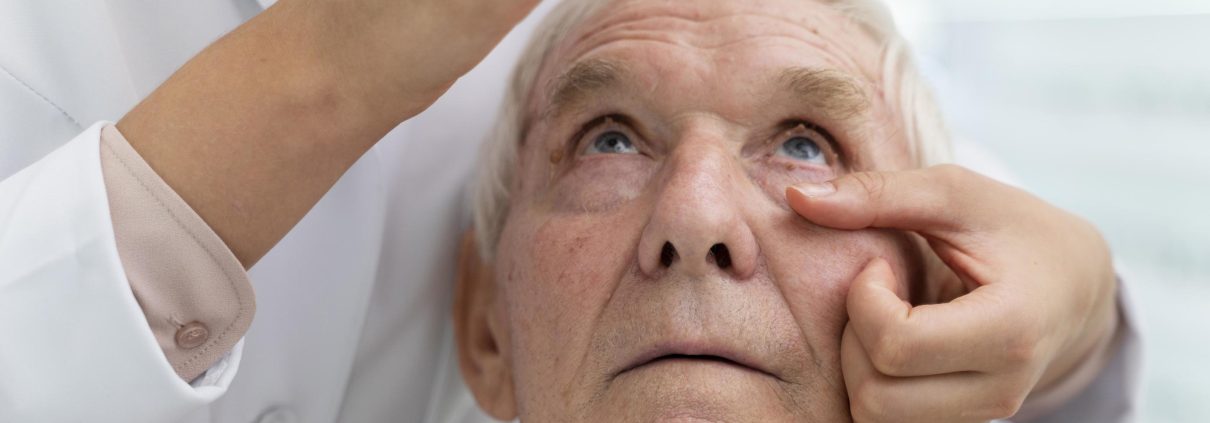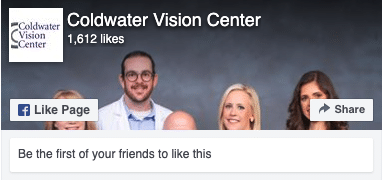What Is a Dilated Eye Exam?
During a dilated eye exam, your eye doctor in Coldwater, MS, uses eyedrops to widen your pupils. This allows them to more clearly see the retina in the back of your eyes. A healthy retina is necessary for good vision, and this test is often part of a routine eye exam, especially if you have existing medical conditions or a family history of glaucoma.
Uses for a Dilated Eye Exam
A dilated eye exam is used to diagnose diseases and conditions that affect the eye. These include:
- Diabetic retinopathy
- Brain tumor
- Head injury
- Glaucoma
- Cataracts
- Age-related macular degeneration
Early diagnosis and treatment are key in preventing vision loss. A dilated eye exam can help your eye doctor develop an early treatment plan in the event you have a medical condition that affects your vision.
What to Expect During Your Dilated Eye Exam
A dilated eye exam is relatively routine. First, your eye doctor places drops in your eyes that cause your pupils to dilate, or widen. This allows more light to enter and makes it easier for your vision specialist to see what’s happening inside your eye. It takes around 15 to 20 minutes for the eyedrops to become fully effective. At this point, your eye professional will shine a light into your eyes to examine them.
A dilated eye exam is not painful, though your vision may remain a bit blurry for a few hours afterward. Your eyes may also feel sensitive to bright light for several hours following your exam. Sunglasses will help. If you anticipate a dilated eye exam, bring a friend with you to your appointment, so they can drive you home afterward.
Call Coldwater Vision Center Today
If it’s time to schedule a dilated eye exam in Coldwater, MS, Coldwater Vision Center is happy to help. Call today to schedule an appointment with our friendly and experienced vision specialists, and be sure to inform your eye doctor if you’re worried about glaucoma, retinopathy, or other conditions that affect the eyes. A dilated eye exam is easy enough to perform, and it can help you obtain the early diagnosis you need to begin treatment for common eye disorders.





Leave a Reply
Want to join the discussion?Feel free to contribute!